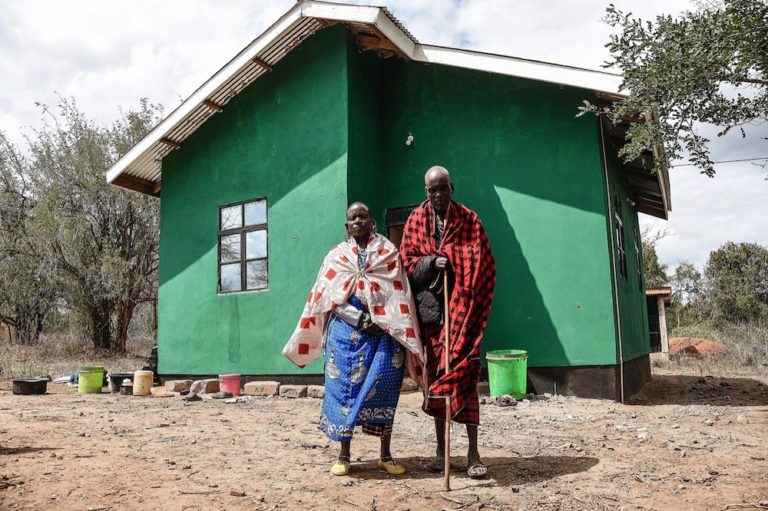In a letter to Pesident Benjamin W Mkapa, ARTICLE 19 has expressed its concern about the one-year sentence of imprisonment imposed on the Reverend Christopher Mtikila by the Kivukoni Magistrate’s Court on 14 December 1999 in connection with allegedly seditious statements which he made about the government in 1997. His imprisonment comes only a month […]
In a letter to Pesident Benjamin W Mkapa, ARTICLE 19 has expressed its concern about the one-year sentence of imprisonment imposed on the Reverend Christopher Mtikila by the Kivukoni Magistrate’s Court on 14 December 1999 in connection with allegedly seditious statements which he made about the government in 1997. His imprisonment comes only a month after his arrest, detention and charging with sedition, alongside a certain Ambokile Malele, in connection with cassettes containing allegedly derogatory statements about the deceased former President Julius Nyerere.
The law of sedition is the crime of speaking words against the state. The basic premise of sedition laws is that it is wrong to criticise leaders. This premise is fundamentally incompatible with a democratic form of government in which the ability to criticise leaders is a sine qua non for informed democratic choice. As a result, in many jurisdictions, sedition today is either formally or effectively a dead letter. The only circumstances in the sphere of expression in which criminal sanctions are justified is where an intention to incite violence or lawless conduct has been demonstrated beyond reasonable doubt and where there is a real risk that such violence will imminently ensue. For example, while there will undoubtedly be many Tanzanians who object to criticism of the late former President Nyerere – particularly at a time of public bereavement soon after his death – the mere expression of such adverse views should not constitute a criminal offence in a democracy.
These cases arise in a context of continued official intolerance of critical media coverage of government policies and activities in Tanzania. According to statements made in mid-November by Minister of information Muhammed Seif Khatib, at least nineteen newspapers have been cautioned by the government and threatened with action over the past year. He also stated that legal action had been taken against fifty newspapers between 1987 and 1999 for publishing “false information” and allegedly inflammatory articles. The apparent pride of the minister in these statistics should be contrasted with the poor record of the Tanzanian government since the end of the one-party state in repealing or amending a barrage of laws which violate Tanzania’s international legal obligations with regard to freedom of expression under the International Covenant on Civil and Political Rights and the African Charter of Human and Peoples’ Rights. ARTICLE 19 believes that Tanzania’s law of sedition should be repealed without delay.
ARTICLE 19 hopes that these considerations are fully taken into account with regard to any appeal by the Reverend Mtikila against the verdict of the court in relation to the alleged offence committed in April 1997.
Recommended Action
Send appeals to the president:
– expressing your hope that these considerations will be fully taken into account with regard to any appeal by the Reverend Mtikila against the verdict of the court in relation to the alleged offence committed in April 1997
– urging that the charges against the two men be dropped immediately, unless the Tanzanian authorities have clear and compelling evidence of incitement to violence in terms of the content of the cassettes in relation to which Mtikila and Ambokile Malele were charged with sedition in November 1999
– further noting that, even if the authorities decide to pursue the charges, their travel documents, removed from them in what is an excessive and unreasonable condition of bail, should be returned to them forthwith
Appeals To
APPEALS TO:
President Benjamin W Mkapa
Office of the President
State House
Magogoni Road
Dar es Salaam, Tanzania
Fax: +255 51 113425
Please copy appeals to the source if possible.


